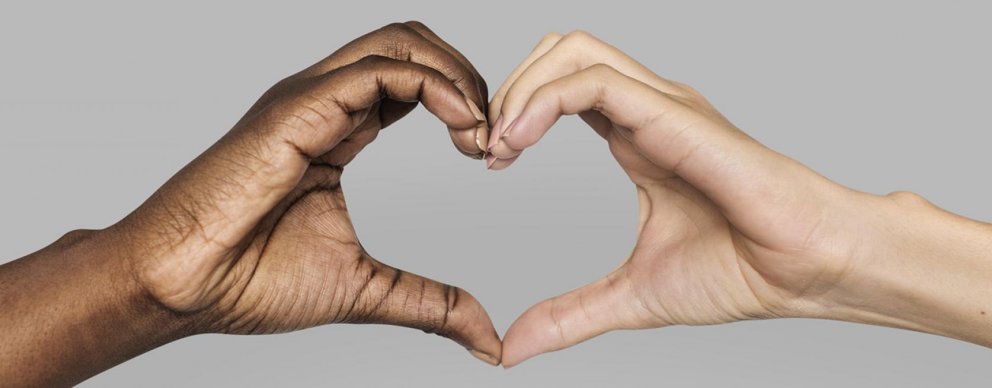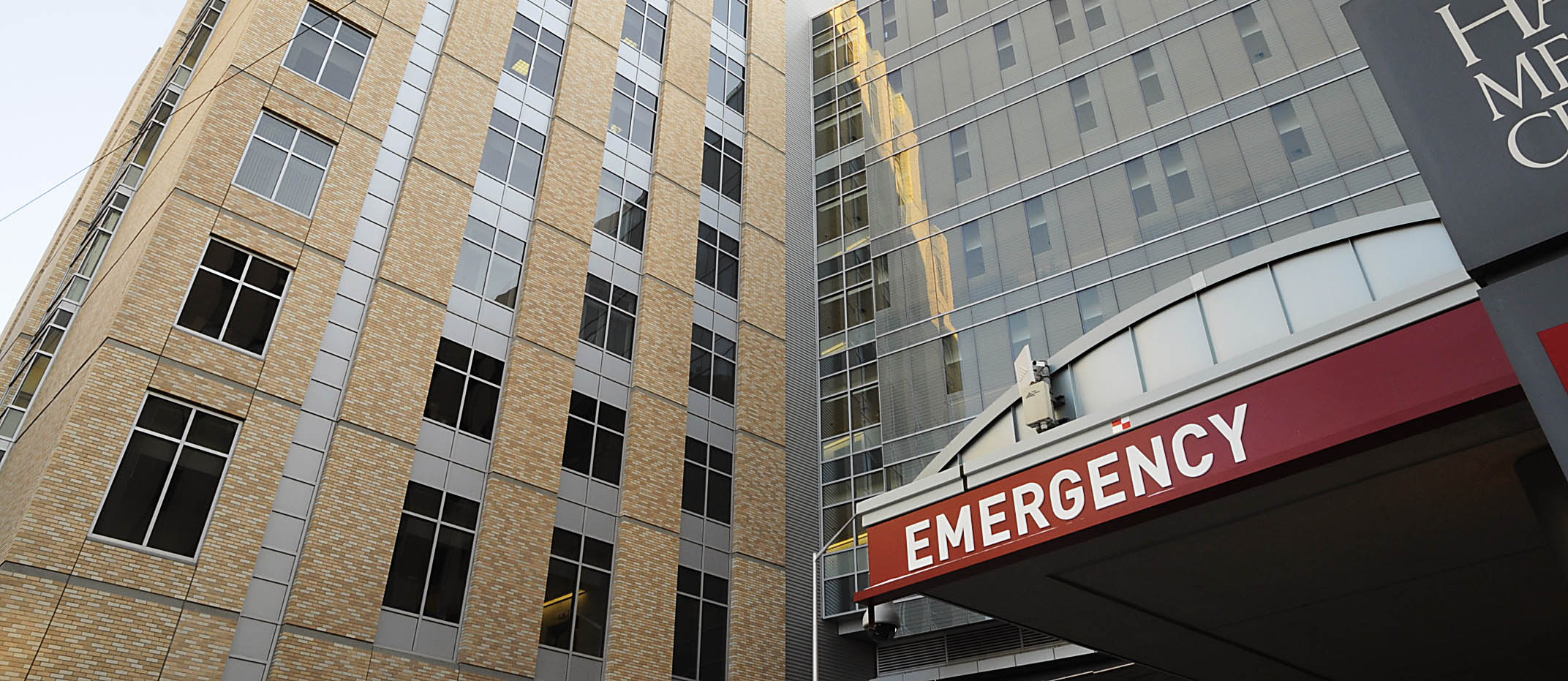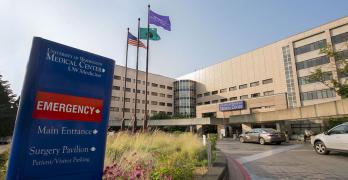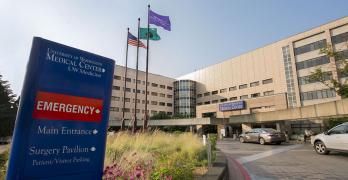Heart Transplant
Entrust your heart to the leading transplant team in the Northwest

Proven innovations, expertise and results.
Proven Expertise
UW Medicine's Heart Institute is one of only eight elite facilities in the nation to achieve the highest possible score from the Scientific Registry of Transplant Recipients.
Superb Results
We perform among the highest volume of heart transplants in the country, with patient outcomes that far exceed the national average.
Innovative Solutions
Our groundbreaking research and clinical trials help establish experimental treatments as new standards of heart care.
Some of our common services:
Your transplant care team includes a number of people:
- A transplant coordinator provides education about the process and is your advocate throughout.
- A transplant cardiologist determines whether you are a good candidate for transplant and will provide care for you for the rest of your life after transplant.
- A transplant surgeon meets with you to discuss the significance of having the surgery, the transplant procedure, risks, possible complications and recovery process.
- A transplant pharmacist will teach you about the medicines you will be taking after your transplant.
- A social worker will evaluate your ability to cope with the stress of having a transplant and identifies your support network.
- A financial counselor will talk to you about associated costs and insurance coverage.
- A psychiatrist may conduct an in-depth psychiatric evaluation.
- A dietitian will assess your diet and provide nutrition education.
- You may also be referred to another service for consultation to check for other medical conditions.
When the heart has trouble pumping blood, the body receives less blood than it needs. The heart failure specialists at the UW Medicine Heart Institute are experts at using a variety of treatments to help people who have weak hearts and those with end-stage heart failure. Treatments might include medication, corrective surgery, an implant or a heart transplant.
This is the last resort for people with heart failure. Although heart transplant surgery presents risks, it is a life-saving procedure for many people. Half of our heart transplant patients are still living with their transplanted hearts after 17 years, whereas the national average is closer to 11 years.
To refer a patient, call 206-598-8069 or complete our online referral form at the link below. Patients who are requesting appointments or self-referrals may call 206-598-4300.
Patients with end-stage heart failure who are waiting for a donor heart to become available often benefit from temporary or long-term mechanical circulatory support implant. Most temporary MCS pumps reside outside your body, with tubes that can be implanted without open heart surgery. These durable, reliable devices help maintain patients’ health and allow them to be mobile until their transplant surgery. For patients who aren't eligible for a transplant, an implant can be a good permanent solution.
A total artificial heart (TAH) is a surgically installed pump that replicates the actions of a normal heart while you're waiting for a heart transplant. A TAH is powered and controlled by a portable driver that fits in a shoulder bag or backpack and weighs about 14 pounds.
A ventricular assist device (VAD) is a surgically implanted pump that helps your heart pump blood by taking over the function of one or both ventricles when needed. The pump is connected to a small computer worn on the belt. Your doctor might recommend a VAD to support your heart while you're waiting for a transplant.
Patients who have end-stage heart disease sometimes have other diseased organs as well. Our highly trained surgeons work closely with other specialists to treat patients who need multiple organ transplants, including heart-kidney, heart-lung, and heart-liver. Our innovative surgical methods and technologies produce excellent outcomes.
Inform yourself to make the best choices for your health and care with UW Medicine patient education resources. Find out what to expect when faced with a heart transplant.
Emotional support is an important part of your treatment. Support groups and community resources can help you and your loved ones through transplant and recovery.
Patients being considered for a heart transplant undergo a variety of evaluations to test psychological, social and physical readiness. Blood and other diagnostic tests are performed to identify a donor match and gain a picture of overall health before the procedure.
Ours is the only transplant center in the region with a specialized transplant infectious disease (ID) team. The transplant ID team consists of a group of board-certified ID physicians with expertise in transplant infections. Through close attention and monitoring, our care team works with you to minimize the risk of infection following the transplant procedure. Infection can occur in the new organ or the tissue surrounding it. Your care team will also monitor for any bronchial tube problems following the transplant.
Rejection of the new heart remains a risk of transplantation. Rejection occurs when the body interprets the new organ as foreign tissue and attacks it as an immune response. Medicines must be taken following the transplant procedure to decrease the immune response and diminish the risk of rejection.
Team Transplant was established at UW Medical Center in 2001 to promote physical activity and organ donation awareness. The team's goal is to train for and complete local walking and running events.
Convenient care, in your neighborhood.
Heart Institute at UW Medical Center – Montlake
Medical Specialties
Hours Today
Appointments
Heart Institute at Harborview
Medical Specialty
Hours Today
Appointments
Transplant Services at UW Medical Center - Montlake
Hours Today
Appointments

Should I go to the emergency room or urgent care?
If you have an illness or injury that you think may be life-threatening without immediate care, call 911 or go to the nearest emergency room.
If you have an illness or injury that is not life-threatening but needs attention today, go to urgent care.


